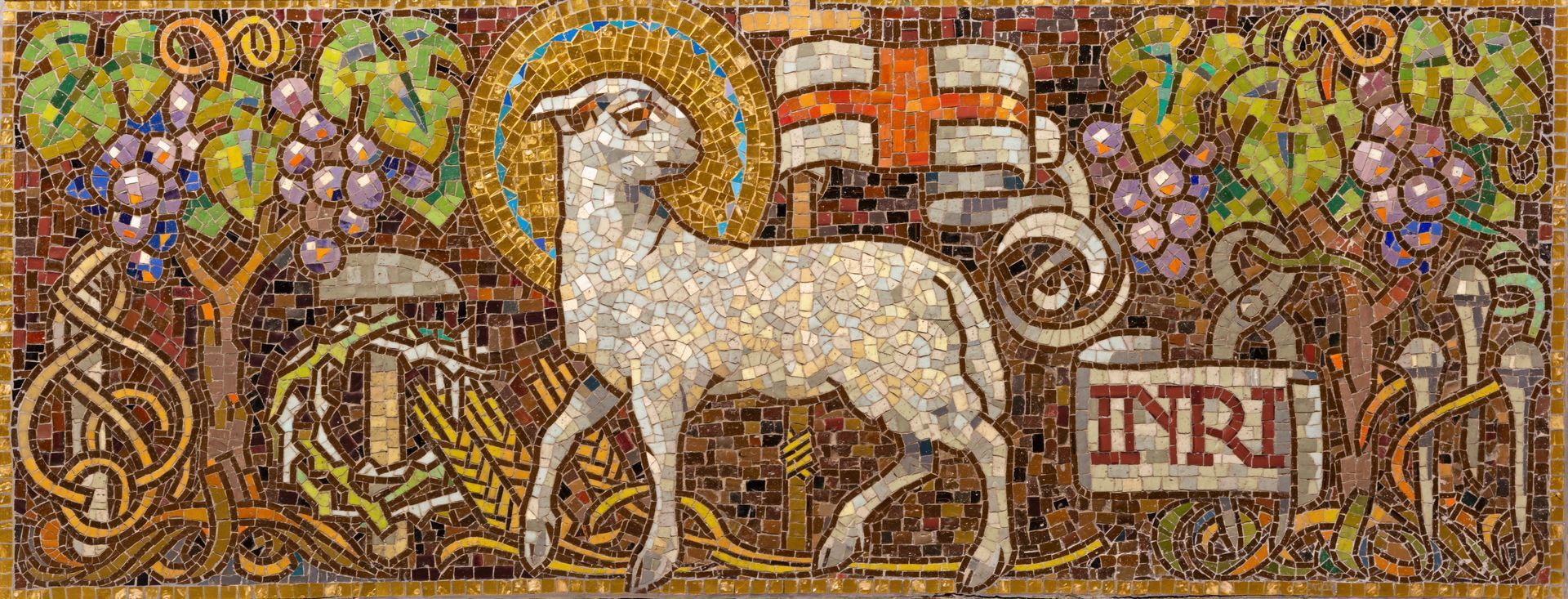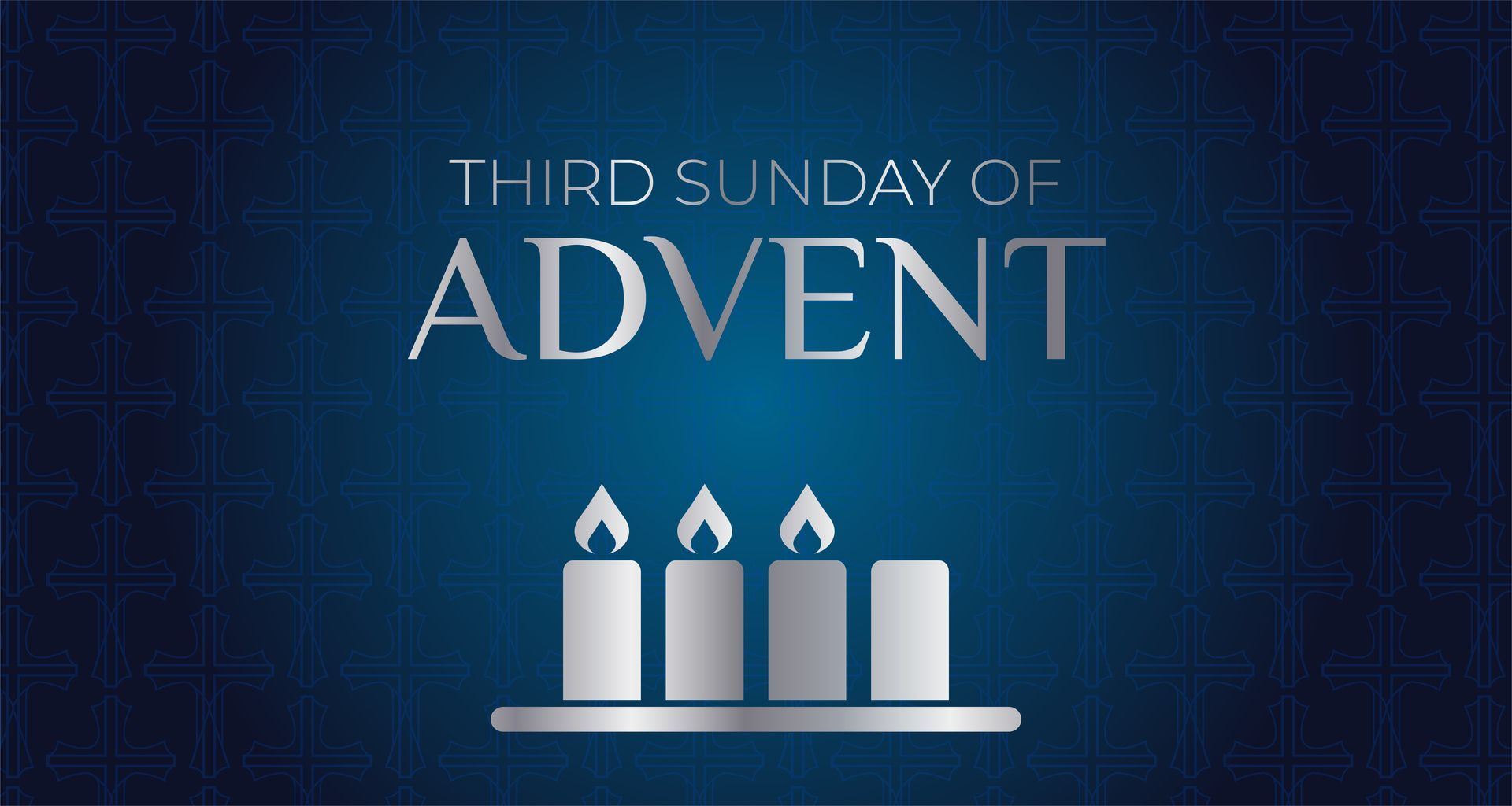With Opened Bible
Prayer

Sunday's first reading and Gospel reading invite us to look at our way of praying differently. First of all, what is prayer?
There are two ways of understanding prayer according to the Bible: prayer in the Old Testament and prayer in the New Testament. The first is somewhat simpler because it addresses itself directly to God, the Creator of all things and the God of Israel. In the Book of Daniel, to pray is to cry out to the God who saves his people from exile and forgives their sins. (Daniel chapters 9:1- 19) The same idea runs through prayer in the Book of Queen Esther. (Esther 4:15-16) The Psalms of David present prayer as a dialogue with God, but also as a cry of pain expressing suffering, fear, persecution, but above all, the hope of deliverance. (Ps 22:63; 70)
In the New Testament, prayer takes on a new dimension with the arrival of Jesus. The believer now prays not directly to the Father, but in the Name of the Son, Jesus, through the Spirit. The Name of Jesus becomes the assurance of prayer: "Whatever you ask in my name, I will do it, so that the Name of the Father may be glorifed in the Son." (John 14:13-14) And Saint Paul reminds us that the Spirit comes to our aid in our weakness, interceding for us with inexpressible groanings. And the one who searches hearts knows what is the intention of the Spirit, because it intercedes for the holy ones according to God's will." (Romans 8:26 -27)
The Sunday readings offer us a different perspective on prayer: one of perseverance and persistence. The believer's prayer should not be a mere ritual, but a continuous plea to the mercy of God, who hears and sees. Abraham's persistence led him to understand God's plan for Sodom and Gomorrah. And Jesus encourages us to keep asking, seeking, and knocking. These three verbs become the key to unlocking the divine realm. Let us not cease our prayers untl we receive the grace to face the challenges of our daily lives













